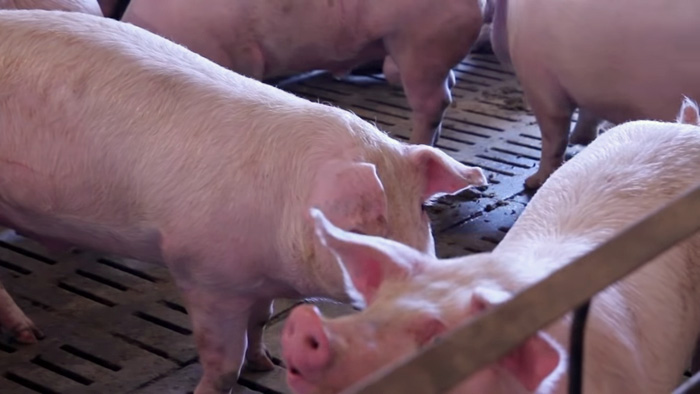A swine diagnostic service launched just under one year ago is helping swine veterinarians use diagnostic results to formulate treatment strategies.
Last May the Western College of Veterinary Medicine and Prairie Diagnostic Services, both located on the campus of the University of Saskatchewan, partnered in the launch of a new swine diagnostic extension service.
Dr. John Harding, a professor in the Department of Large Animal Clinical Sciences with the Western College of Veterinary Medicine, explains the new service is designed to help translate diagnostic results into treatment strategies and targets three main groups.
One would be mixed animal practitioners in rural practice typically that will do a mixture of small animal work as well as large animal work but they just don’t have expertise in swine because they just don’t see enough pigs in their day-to-day veterinary activities. Their needs are typically for us to provide expertise in the common diseases or pig production management to help them pull it all together.
The second group, I would consider the 20 plus swine veterinarians across western Canada that would spend a predominant amount of their time looking at pigs so they certainly understand the basics and the common diseases but quite often face challenges with either difficult cases or with diagnostics that are just too confusing and they need some higher-level expertise to help pull those cases together.
Then the third group, which I’m really excited about, is helping the PDS professionals that are running the actual assays. Those individuals have very very high skill sets in their own areas of expertise but perhaps not with pigs so we can help them put their results in context of the clinical situation to come up with solutions.
~ Dr. John Harding, Western College of Veterinary Medicine
To learn more about the swine diagnostic extension service contact the Western College of Veterinary Medicine or Prairie Diagnostic Services.



